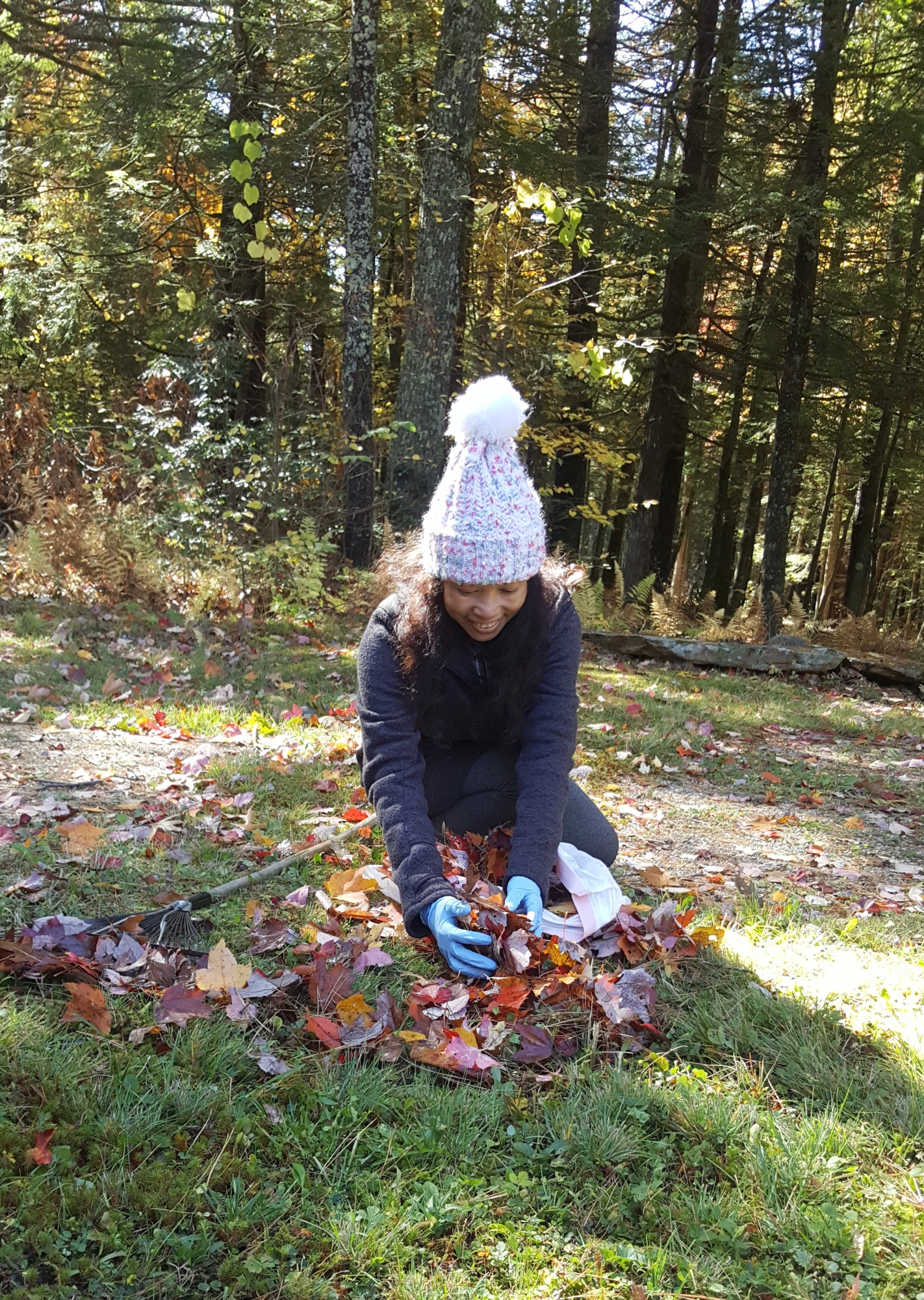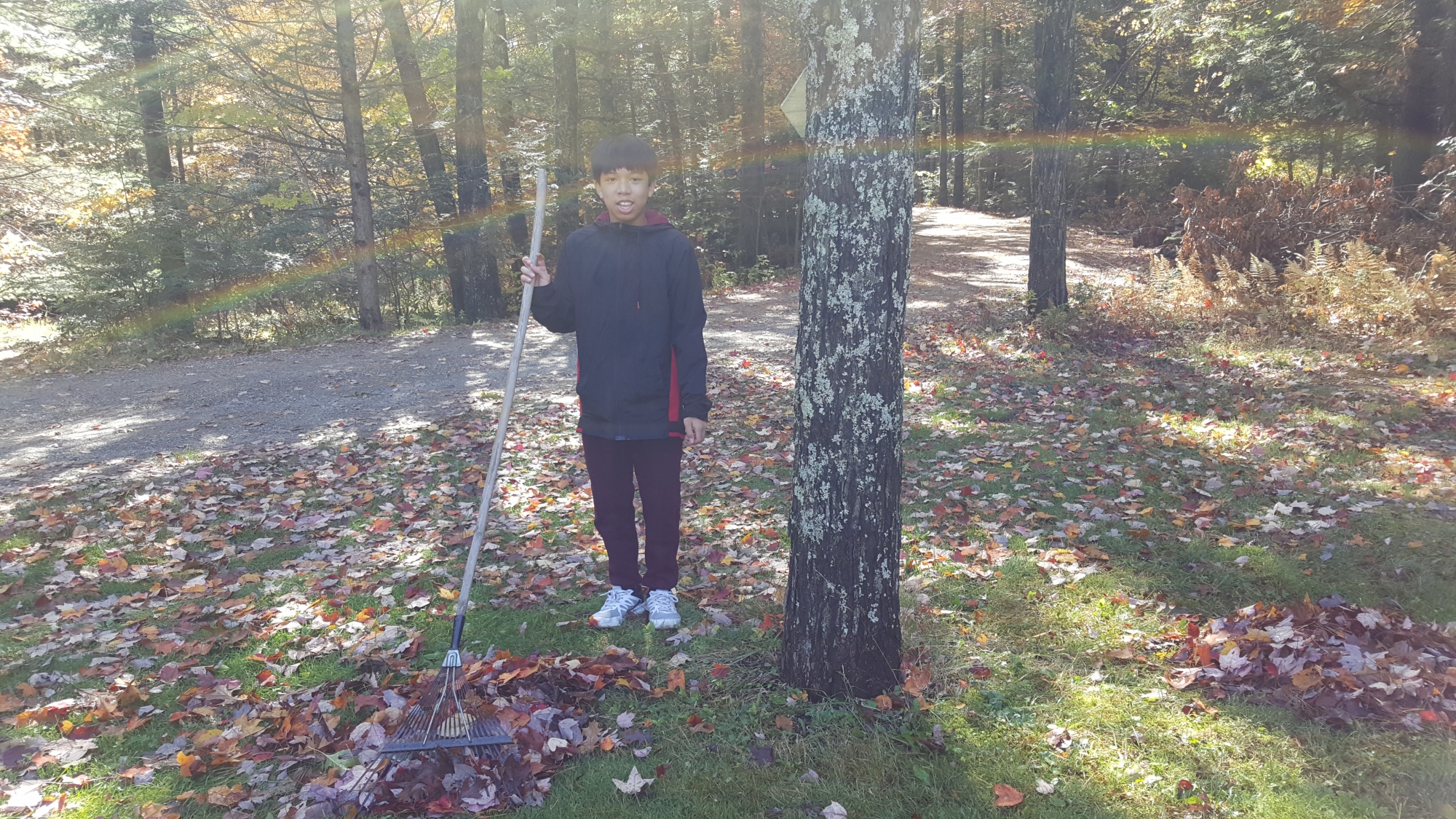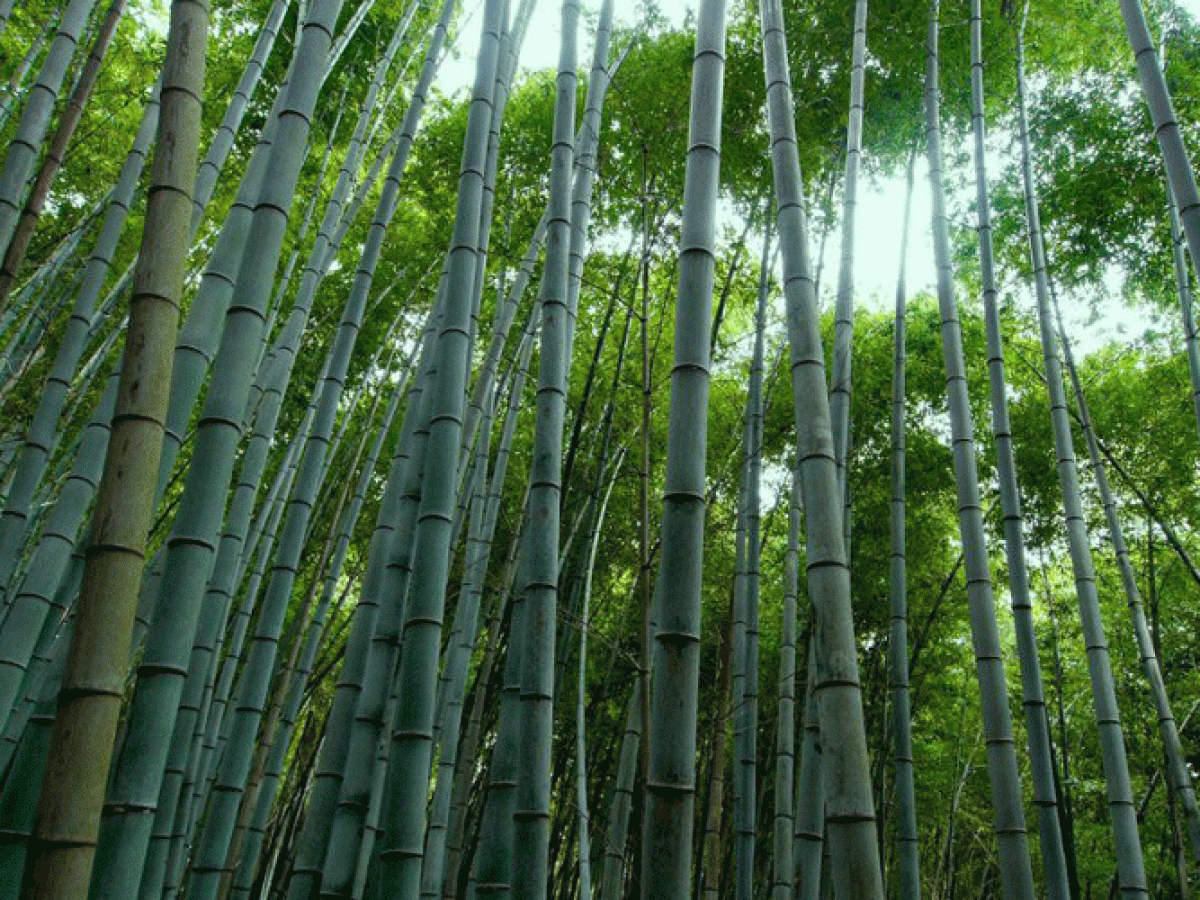
Verse 118: If a man does what is good, he should do it again and again; he should take delight in it; the accumulation of merit leads to happiness.
The Story of Lajadevadhita
While residing at the Jetavana monastery, the Buddha uttered Verse (118) of this book, with reference to Laja, a female deva.
At one time Thera Mahakassapa stayed in the Pippali cave and remained in sustained absorption in concentration (samapatti) for seven days. Soon after he had arisen from samapatti, wishing to give someone a chance of offering something to a thera just arisen from samapatti, he looked out and found a young maid frying corn in a field-hut. So he stood at her door for alms-food and she put all the pop corn into the bawl of the thera. As she turned back after offering pop corn to the thera, she was bitten by a poisonous snake and died. She was reborn in Tavatimsa deva world and was known as Laja (pop corn) devadhita.
Laja realized that she was reborn in Tavatimsa because she had offered pop corn to Thera Mahakassapa and felt very grateful to him. Then she concluded that she should keep on doing some services to the thera in order to make her good fortune more enduring. So, every morning she went to the monastery of the thera, swept the premises, filled up water pots, and did other services. At first, the thera thought that young samaneras had done those services; but one day, he found out that a female deva had been performing those services. So he told her not to come to the monastery any more, as people might start talking if she kept on coming to the monastery. Lajadevadhita was very upset; she pleaded with the thera and cried, “Please do not destroy my riches, my wealth.” The Buddha heard her cries and sent forth the radiance from his chamber and said to the female deva, “Devadhita, it is the duty of my son Kassapa to stop your coming to the monastery; to do good deeds is the duty of one who is anxious to gain merit.”
Then the Buddha spoke in verse as follows:
Verse 118: If a man does what is good, he should do it again and again; he should take delight in it; the accumulation of merit leads to happiness.
At the end of the discourse, Lajadevadhita attained Sotapatti Fruition.
Dhammapada Verse 118
Lajadevadhita Vatthu
Punnace puriso kayira
kayira nam punappunam
tamhi chandam kayiratha
sukho punnassa uccayo.
Source: Tipitaka












